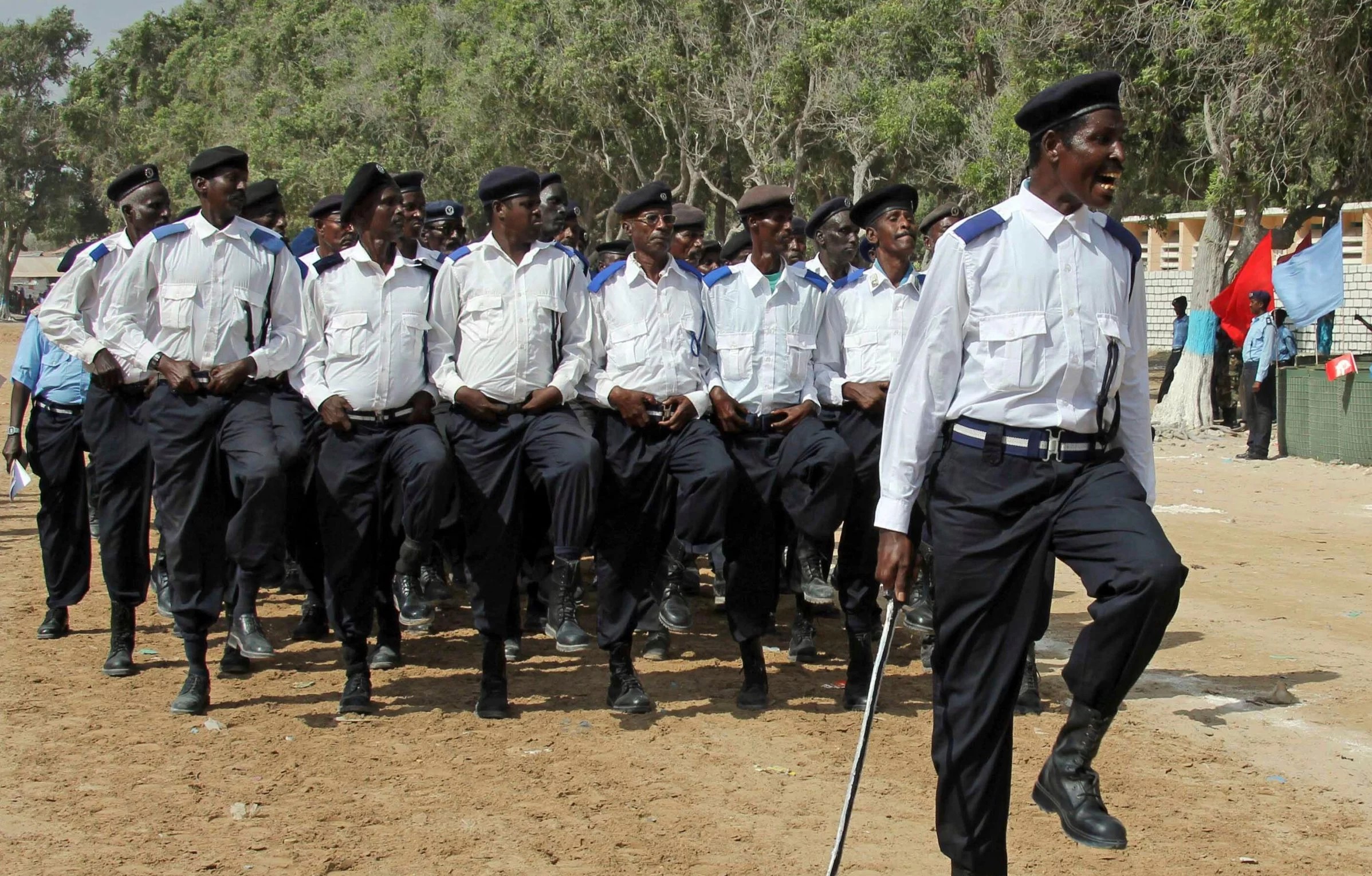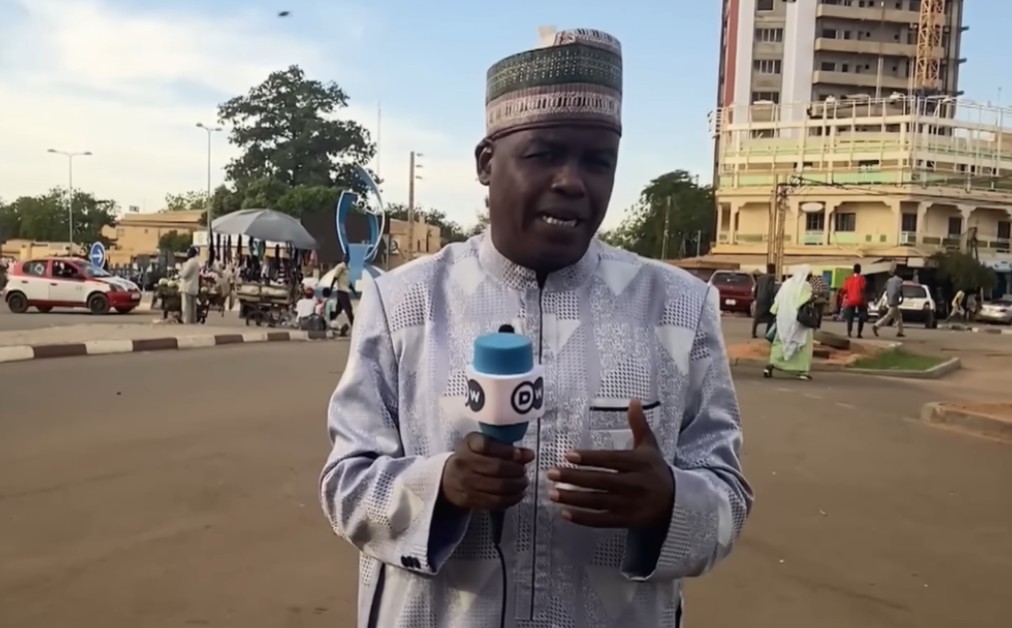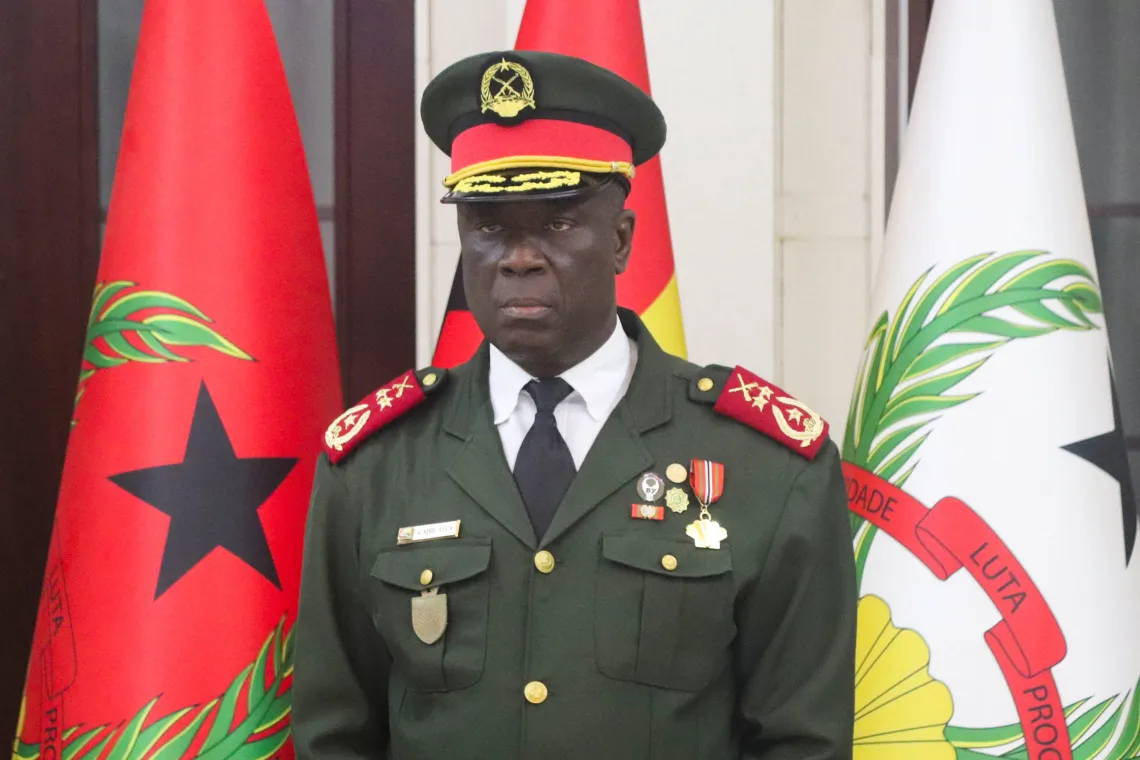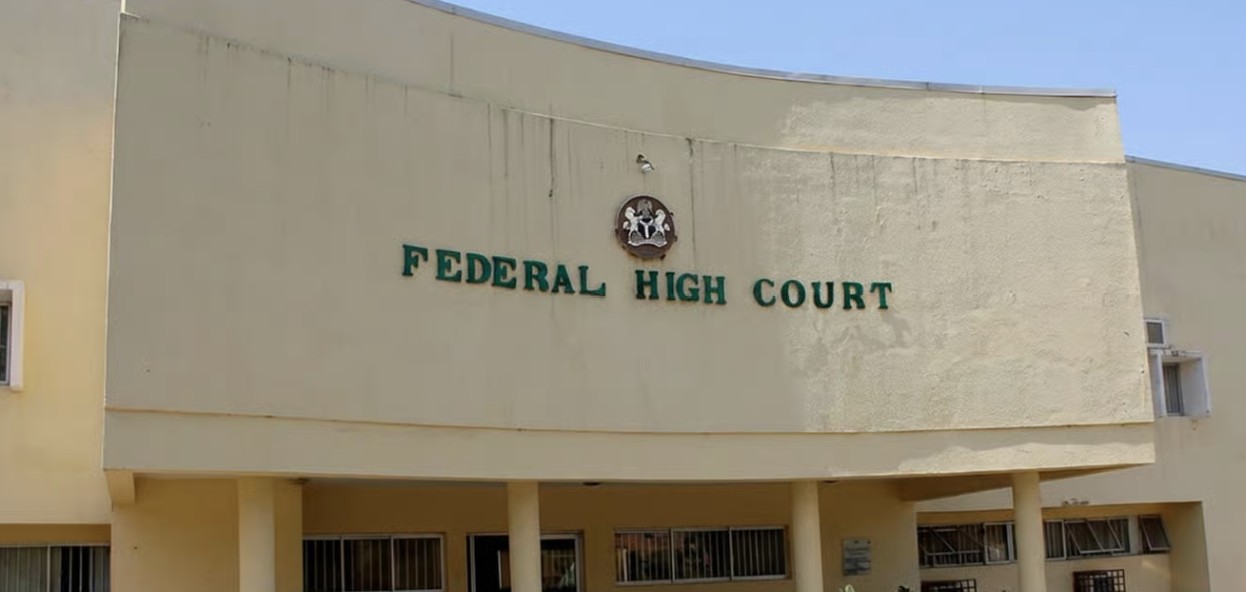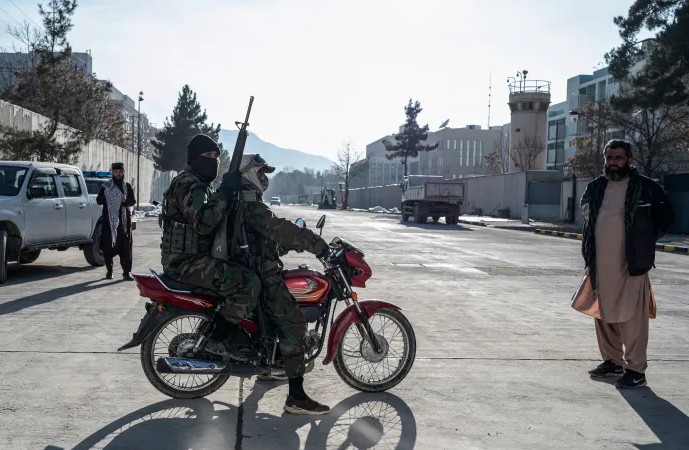
Taliban Detains Afghan Journalist Shikib Ahmad Nazari for Reporting to Japanese Media
August 26, 2025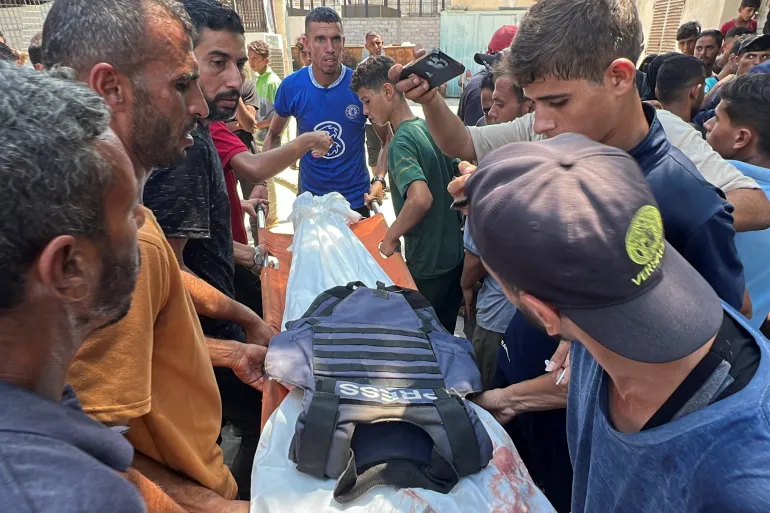
Al Jazeera Condemns Israeli Strike as World Decries Killing of Gaza Journalists
August 26, 2025August 26, 2025 – Somalia –
Reporting on critical social issues like poverty, hunger, and police brutality in Somalia remains extraordinarily dangerous. According to Index on Censorship, more than 80 media workers have been killed since 1992, and countless others, journalists and ordinary citizens alike, have been forced into self-censorship or exile to avoid arrest, harassment, or worse.
A recent government directive now explicitly forbids any public or media discussion of “insecurity” in the capital, Mogadishu. The Minister of Information, Culture and Tourism, Daud Aweis, has warned that violations could result in prosecution and “severe punishment,” intensifying fear across Somalia’s fragile journalistic community.
Pressure is not only legal. Armed police have targeted citizens who criticize corruption. One such example is Sayid Ali, a tuk-tuk driver, well-known as “Saan Miyaa” (“Is this how it is?”). After he publicly condemned police extortion and widespread hunger on Shabelle TV, officers who had his photo apprehended him, demonstrating how quickly even informal sources can be endangered.
This crackdown underscores a broader pattern of media suppression where both state actors and terror groups, such as Al-Shabaab, exert control through fear and intimidation. Journalists face constant threats ranging from detention and prosecution to physical violence and death. The effort shuts down important public discussion and erodes civic accountability in a country already struggling with conflict and governance challenges.
For Somalia to achieve progress, there must be space for open, independent journalism. Institutions like Index on Censorship continue to advocate for press freedom and the safety of media professionals in one of the world’s most perilous environments for those who tell the truth.
References –

